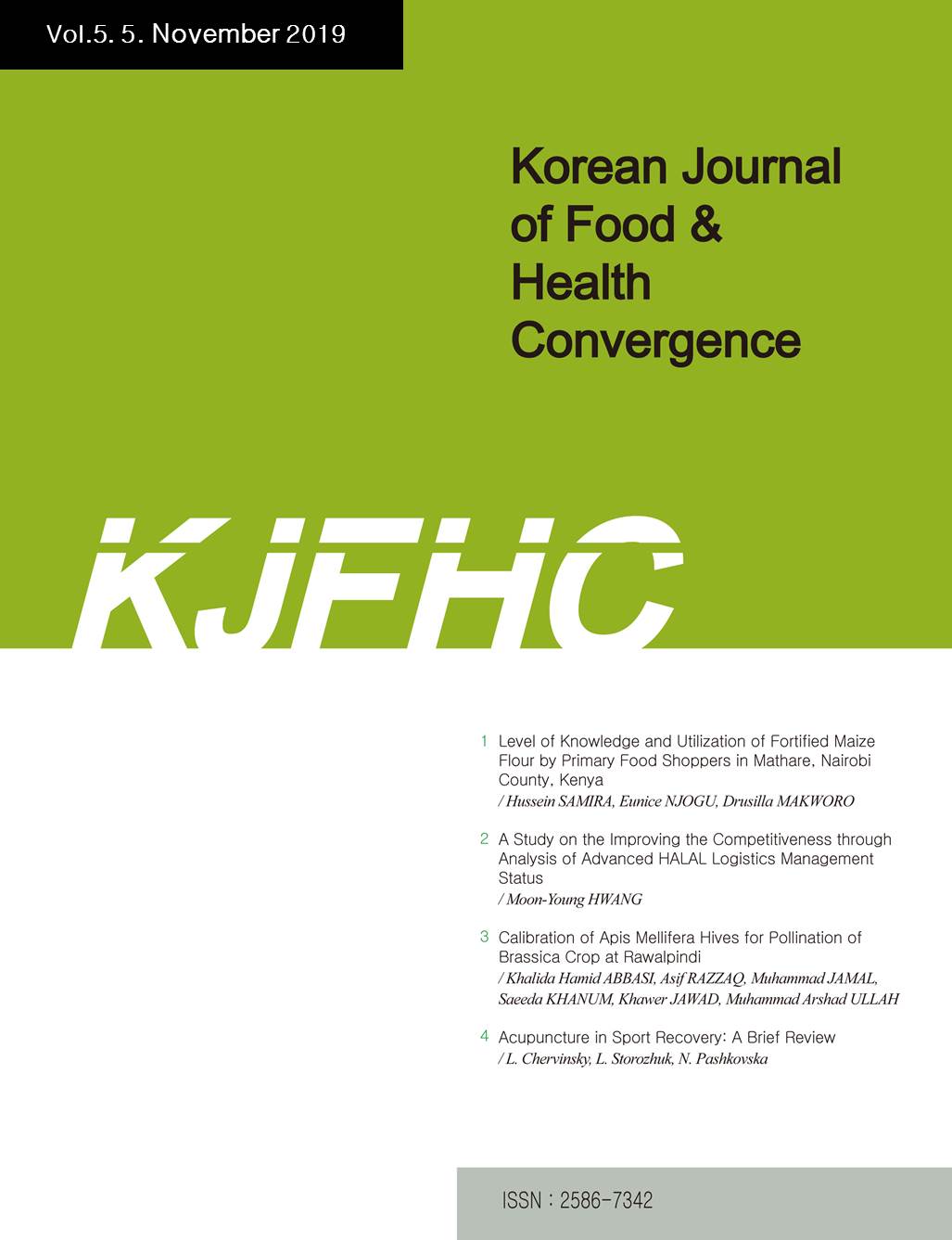- 권한신청
- E-ISSN2586-7342
- KCI
Effect of Stress, Impulsivity, Peer Attachment and Social Interest on Gambling Behavior
KIM, Minchang (Dept. of Addiction Rehabilitation and Social Welfare, Eulji University)
KO, Seokhyun (Dept. of Addiction Rehabilitation and Social Welfare, Eulji University)
JUNG, Minhyuk (Dept. of Addiction Rehabilitation and Social Welfare, Eulji University)
HAN, Jaepil (Dept. of Addiction Rehabilitation and Social Welfare, Eulji University)
SEO, Bo-Kyung (Dept. of Addiction Rehabilitation and Social Welfare, Eulji University)
Abstract
This study identified the severity of youth gambling behavior and analyzed the impact of stress, impulsivity, peer attachment and social interest on youth gambling behavior. Based on the results of the study, the government sought to help understand teenagers who are addicted to gambling and to help them maintain psychological and social stability and healthy living. A total of 237 high school students were surveyed. According to the analysis, the prevalence rate was found to be 3.4 percent of the problem gambling group and 9.3 percent of the medium-risk gambling group, and a total of 12.7 percent was addiction. Low-risk gambling groups accounted for 16.9 percent and non-problem gambling groups accounted for 70.5 percent. By gender, male students have more serious gambling problems than female students. As a result of dividing the group that experienced gambling more than once and the group that did not experience gambling into gambling group and non-gambling group, the two groups showed significant differences in impulsiveness, avoidant attachment, and interest in others. Furthermore, a correlation analysis was conducted to examine the relationship between these factors and the level of gambling behavior, showing that only impulsivity was significant.
- keywords
- Stress, Impulsivity, Peer Attachment, Social Interest, Adolescents' Gambling Behavior
- 다운로드 수
- 조회수
- 0KCI 피인용수
- 0WOS 피인용수

